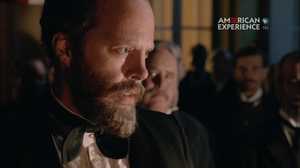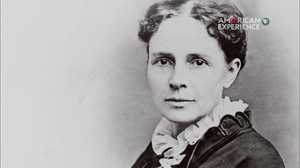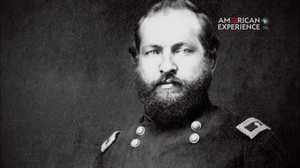Presidential Protections
Despite Lincoln's assassination in 1865, there were no new safeguards put in to protect the president from would-be assassins. Lincoln's murder had been seen as an anomaly.
Transcript:
Nancy Tomes, Historian: You would think that after the Lincoln assassination, people would have decided that there should be guards around the president. Au contraire. Very strong belief that, because the United States was a democracy, that if you didn't like your leaders, you would simply kick 'em out of office. Assassination was unnecessary.
Todd Arrington, Garfield National Historic Site: The Lincoln assassination in 1865 was viewed as really an anomaly. Nobody gave much thought to the idea that a president could be assassinated outside of a context like the Civil War. So James Garfield can walk out of the White House and walk down the street by himself.
Narrator: Guiteau had opportunities to strike. Lucretia had finally recovered enough that the couple could be seen taking rides around the city. And when she was leaving Washington to convalesce at the New Jersey shore, Guiteau trailed her and James to the train station. He had a clear shot, but was overcome with sympathy for the First Lady, and couldn't pull the trigger.
Candice Millard, Author, Destiny of the Republic: Guiteau follows him everywhere. He even follows him to church. He sits behind Garfield, and he disagrees with something the minister says, and he shouts out. And Garfield that night writes in his diary about this young man, you know, shouting in church. Guiteau is absolutely spinning out of control.
Charles Guiteau (Will Janowitz, audio): To the American People: I conceived the idea of removing the President, because he has proved a traitor to the men that made him. This is not murder, it is a political necessity. This will make my friend Arthur president, and save the Republic. I expect President Arthur and Senator Conkling will give the Nation the finest administration it has ever had.







